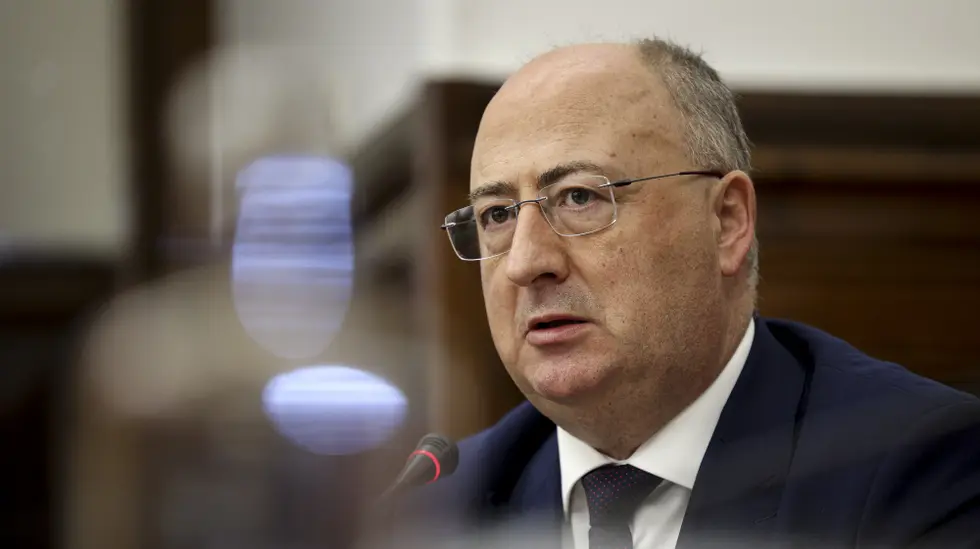Dams “help biodiversity, the environment and combat climate change”
Portugal’s minister of agriculture has criticised “green radicals” demonstrating against the construction of dams, warning that projects related to the sector must be simplified and the existing bureaucracy eliminated.
“What we then have to do is another job, which is simplification, which is to do away with bureaucracy, I know that in this country there are a lot of people who are paid to create problems, in essence, and not to solve them, but this is something that has to end,” said José Manuel Fernandes.
The minister, who was speaking at the signing ceremony for the contract to build the irrigation network for the Xévora hydro-agricultural scheme in Campo Maior, in the district of Portalegre, gave the length of time it often takes to obtain an environmental impact statement as an example.
“An environmental impact statement cannot take five years, it’s a huge disservice for that to happen.
“Fortunately, we have a prime minister who not only considers agriculture to be strategic and structured but also has this objective of simplification, of speeding up processes,” he emphasised.
“Water is a priority for agriculture, and I’m a little confused that there are, for example, radicals, as I call them, green radicals, who are against building dams, against storing water, which would be promoting the desert in a number of places, it would be against the environment…” he said.
Later, speaking to journalists, Fernandes stressed that agriculture “is not the enemy” of the environment: dams help biodiversity, the environment and the fight against climate change.
“There are those who want to eliminate dams, which would be a disaster, leading not only to the abandonment of the territory but also to increased drought and environmental problems,” he said.
The government is proceeding with the construction of the irrigation network for the Xévora hydro-agricultural scheme, starting at the Abrilongo dam, an investment that could exceed €25 million.
The investment, funded by the Rural Development Programme (PDR) 2020, will have to be physically and financially completed by the end of 2025.
Then, by 2026, another phase of the project, which includes the construction of the irrigation pumping station and the reservoir, will follow.
At this stage, the project’s investment will be more than €17 million. It will benefit an area of 1,560 hectares and include a 44-km pipe network.
José Manuel Fernandes said that the project will bring “competitiveness” to the region and “help” territorial cohesion and sustainability.
During the ceremony, president of the Xévora Beneficiaries Association Luís Minas explained that the association “has to be a partner” in this project, recalling that the beneficiaries bore the costs of the environmental impact study project.
Also present at the ceremony was mayor of Campo Maior, Luís Rosinha. He said that this was a very important day for the municipality, as the entire population wants the project.
Lusa has not fully explained who the ‘green radicals’ are in this story, nor whether they were present at today’s event.
Source material: LUSA


























